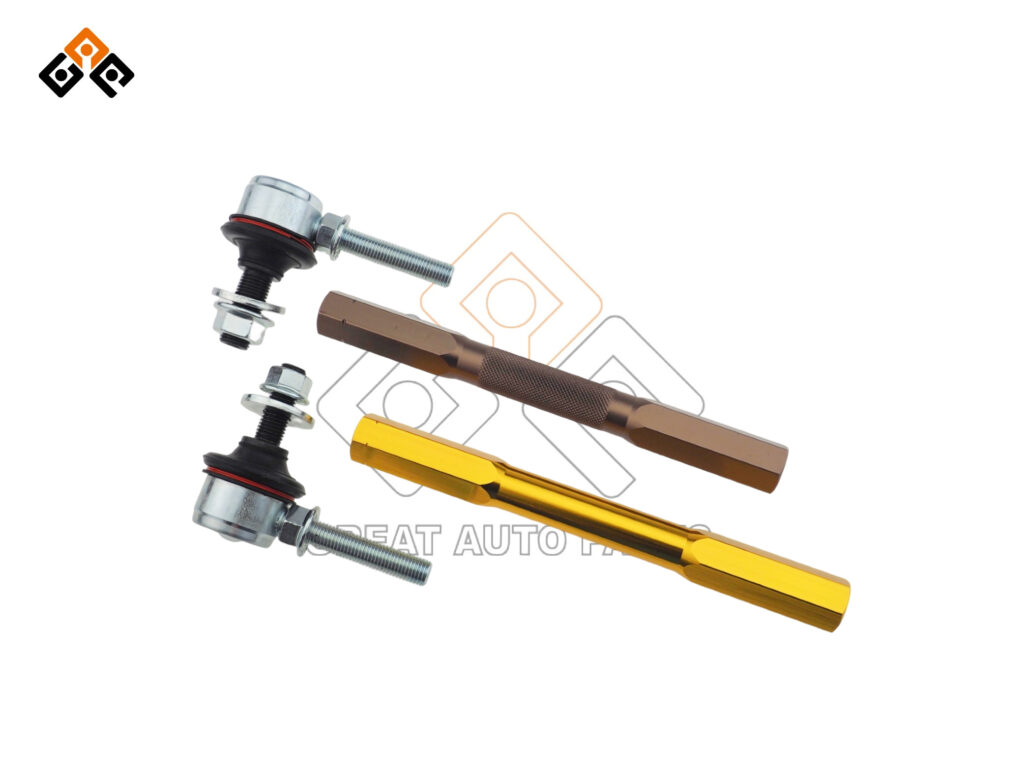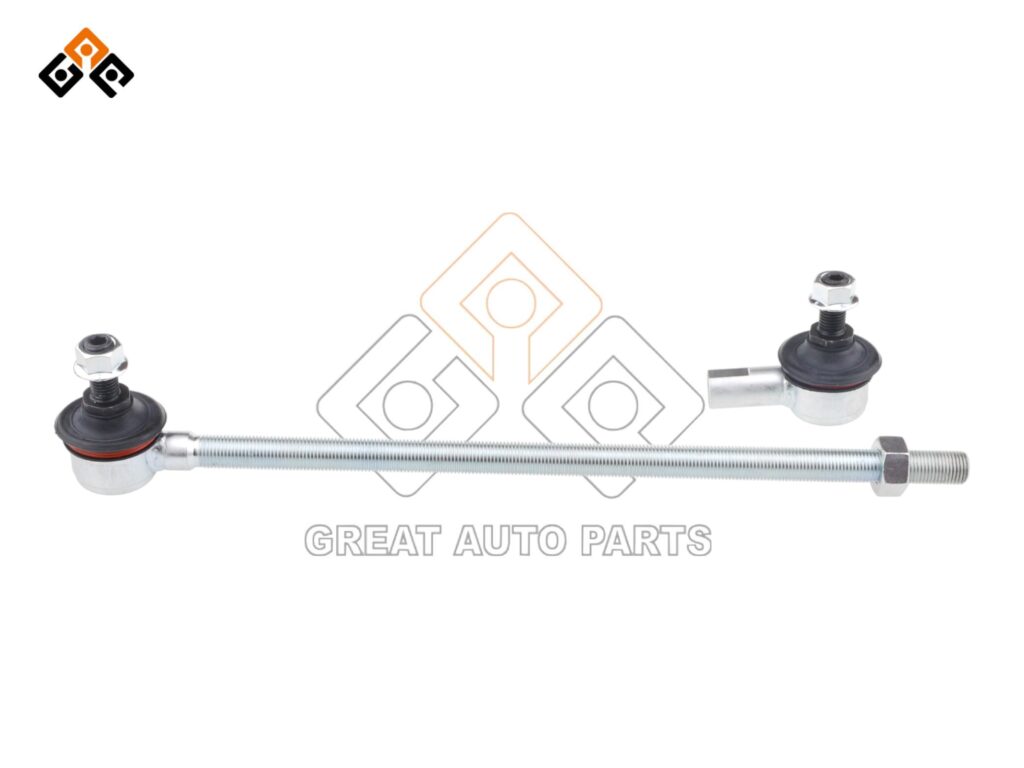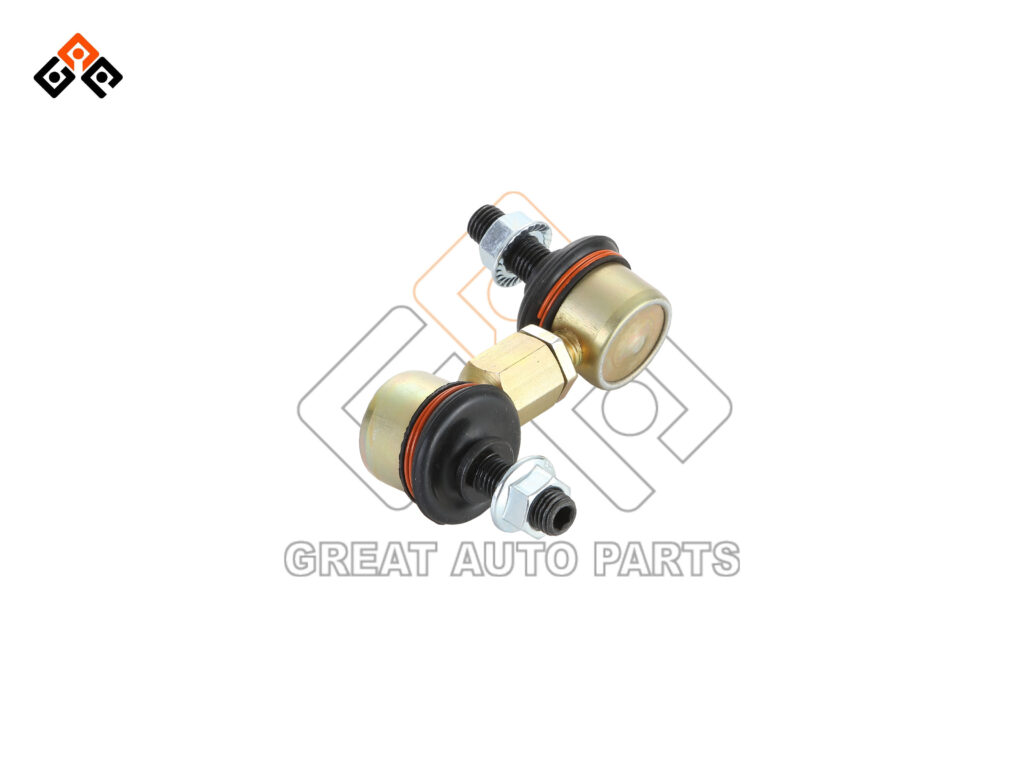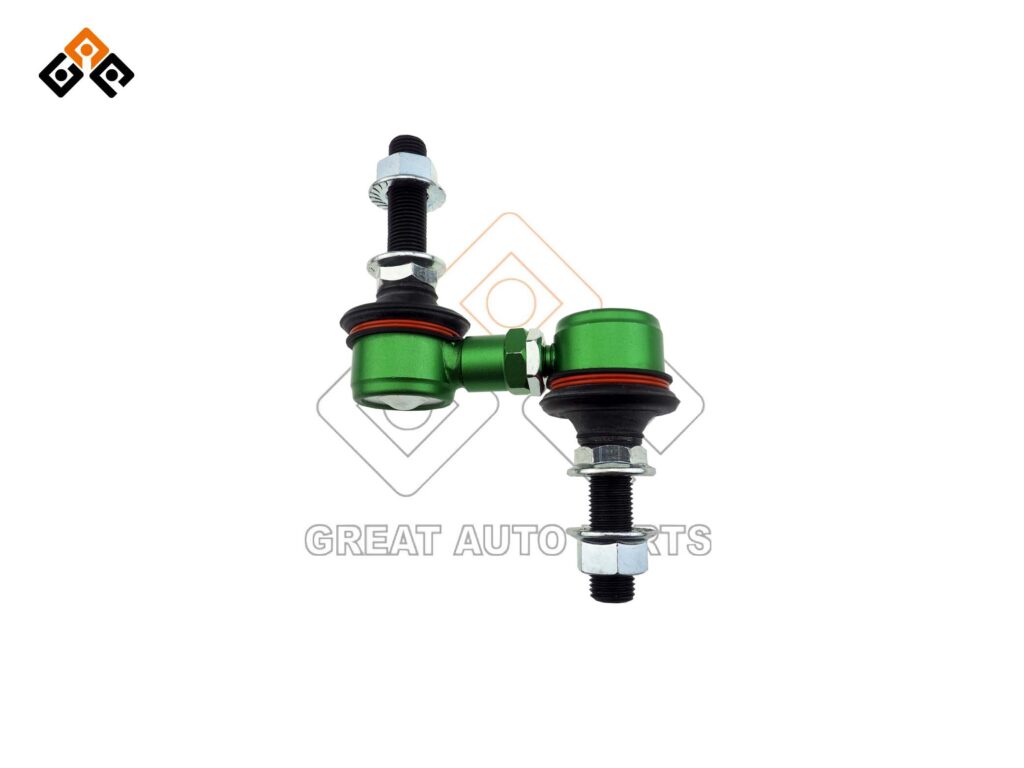Adjustable Stabilizer Links: What Are The Advantages for Your Car?
Understanding The Role of Adjustable Stabilizer Links in Vehicle Stability
An adjustable sway bar, or specifically, adjustable stabilizer links, play a pivotal role in reducing a vehicle’s body roll. This happens during fast cornering or over road irregularities. These links connect opposite wheels together through short lever arms. These arms, in turn, link by a torsion spring. This provides adjustable resistance to body roll. Their adjustablity allows for fine-tuning the car’s balance. This caters to different driving styles and conditions. This is often not possible with standard sway bars.




Adjustable vs. Non-Adjustable Sway Bars: a Comparison
| Category | Adjustable Sway Bars | Non-Adjustable Sway Bars |
| Adaptability to Conditions | Allow drivers to modify stiffness based on driving conditions, load, and preference. Offers softer settings for comfort or stiffening for high performance. | Fixed in performance characteristics, offering no flexibility to adjust handling dynamics post-installation. |
| Performance Enhancement | Enhance vehicle balance and handling through fine-tuning, especially useful in racing or heavy-duty hauling. | Improve handling and reduce body roll but lack optimization for different scenarios, limiting effectiveness in specialized applications. |
| Weight & Material | Designed with high-strength materials for durability and adjustability. Weight varies by design but focuses on long-term performance. | Hollow and tubular sway bars are lighter, improving fuel efficiency but offering less rigidity. Solid sway bars are heavier but provide strong, durable performance. |
| Installation & Maintenance | Similar installation to other sway bars but allow ongoing tuning without replacement, offering long-term versatility and lower maintenance costs for adjustable stabilizer links. | Require no adjustment after installation but lack flexibility for changing conditions. Replacement may be needed to alter vehicle handling. |
| Cost-Effectiveness | More expensive upfront but offer long-term value through adaptability, reducing the need for multiple or frequent replacements. | Cheaper initially but may not provide long-term value if different conditions or preferences require a sway bar with different performance characteristics. |
| Handling & Stability | Can be adjusted to optimize handling and stability for specific conditions, enhancing both performance and safety with the use of adjustable stabilizer links. | Provide consistent handling improvement but may be less effective in varying scenarios compared to adjustable options. |
Benefits for Performance Vehicles
Adjusting an adjustable stabilizer link can significantly impact a vehicle’s handling and performance. Here are the key effects:
- Reduction in Body Roll: Sway bars, also known as anti-roll bars, reduce body roll during cornering. They do this by distributing weight more evenly across the vehicle’s tires. This enhances the tire contact patch on the road, leading to improved grip.
- Handling Dynamics: Adjusting the sway bar can influence the car’s tendency to understeer or oversteer. For instance, stiffening the front sway bar can increase understeer. Conversely, stiffening the rear sway bar can increase oversteer.
- Cornering Speed: Proper sway bar adjustment allows for faster cornering. It optimizes the car’s handling in corners. This is particularly beneficial in performance driving and racing scenarios. You can find more information on vehicle dynamics from engineering resources like Racecar Engineering.
- Ride Comfort and Stability: A well-adjusted sway bar can make the ride smoother. It also improves stability, especially during high-speed maneuvers. It helps extend tire life and maintains proper alignment.
- Overall Performance: By reducing body roll and improving grip, adjustable suspension links contribute to better overall vehicle performance. They make the car more predictable and easier to control during aggressive driving.
How Adjustable Links Influence Understeer and Oversteer
Adjustable stabilizer links play a significant role in tuning the balance between understeer and oversteer in performance vehicles. Here’s how they affect this balance:
- Front Sway Bar Adjustment:
- Stiffer Front Sway Bar: Increasing the stiffness of the front sway bar generally increases understeer. This is because a stiffer front sway bar reduces the front suspension’s ability to roll. This causes the front tires to lose grip sooner in a turn.
- Softer Front Sway Bar: Decreasing the stiffness of the front sway bar can reduce understeer. It allows the front tires to maintain better contact with the road, improving front-end grip.
- Rear Sway Bar Adjustment:
- Stiffer Rear Sway Bar: Increasing the stiffness of the rear sway bar generally increases oversteer. A stiffer rear sway bar reduces the rear suspension’s ability to roll. This causes the rear tires to lose grip sooner in a turn.
- Softer Rear Sway Bar: Decreasing the stiffness of the rear sway bar can reduce oversteer. It allows the rear tires to maintain better contact with the road, improving rear-end grip.
- Balancing Act:
- Fine-Tuning: Adjustable stabilizer links allow for fine-tuning of the vehicle’s handling characteristics. By adjusting the stiffness of both the front and rear sway bars, drivers can achieve a desired balance. This is particularly useful in performance and racing applications where precise handling is crucial.
Fine-Tuning Vehicle Handling with Adjustments
Adjustable stabilizer links allow for several specific adjustments to fine-tune a vehicle’s handling:
- Stiffness Adjustment: The primary adjustment involves changing the sway bar’s stiffness. You can do this by altering the position of the end links on the sway bar. Moving the end links closer to the bar’s center increases stiffness. Moving them outward decreases stiffness. This adjustment helps balance understeer and oversteer.
- End Link Length: Adjusting the end links’ length can also fine-tune the sway bar’s effectiveness. Shorter end links can make the sway bar more effective. Longer end links can reduce its impact. This adjustment helps achieve desired handling characteristics.
- Preload Adjustment: Preloading the sway bar involves adjusting the end links. This applies a slight twist to the bar even when the vehicle is at rest. This helps fine-tune the handling balance. It also improves responsiveness during initial turn-in.
- Bar Diameter and Material: While not an on-the-fly adjustment, choosing sway bars of different diameters and materials significantly impacts handling. Thicker bars or those made from stiffer materials will provide more resistance to body roll. Thinner or more flexible bars will allow more roll.
Applications Across Vehicle Types
Adjustable stabilizer links offer benefits across various vehicle categories:
| Vehicle Category | Purpose | Benefits |
| Cars | Reduce body roll during cornering, enhancing stability and handling. | Fine-tuning suspension setup to match driving conditions or personal preferences, improving dynamics. |
| Trucks | Manage higher center of gravity and heavier loads, reducing body roll and improving stability. | Adjustable stiffness to suit varying loads, enhancing safety and handling. |
| SUVs | Reduce body roll and improve stability, especially with a higher center of gravity. | Improve handling on-road while maintaining comfort, with options for sway bar disconnects for off-road. |
| Off-Road Vehicles | Can be disconnected to allow for greater axle articulation on rough terrain. | Increased suspension travel and traction, improving off-road performance by conforming to uneven surfaces. For more on off-road vehicle modifications, see specialized forums or guides, such as those found on Expedition Portal. |
| Racing Vehicles | Fine-tune handling characteristics to suit specific tracks and driving styles. | Precise adjustments to balance and cornering behavior, critical for optimal track performance. |
Enhance Stability and Performance With Great Auto Parts Custom Adjustable Suspension Llinks
Take your vehicle’s performance to the next level with our custom-made adjustable stabilizer links. We design them for maximum durability and precision. Whether you want to improve handling, reduce body roll, or adapt to various driving conditions, our expert team can craft the perfect solution. We optimize your vehicle’s stability and performance. Let us help you achieve a smoother, more responsive driving experience with our customized stabilizer links.
